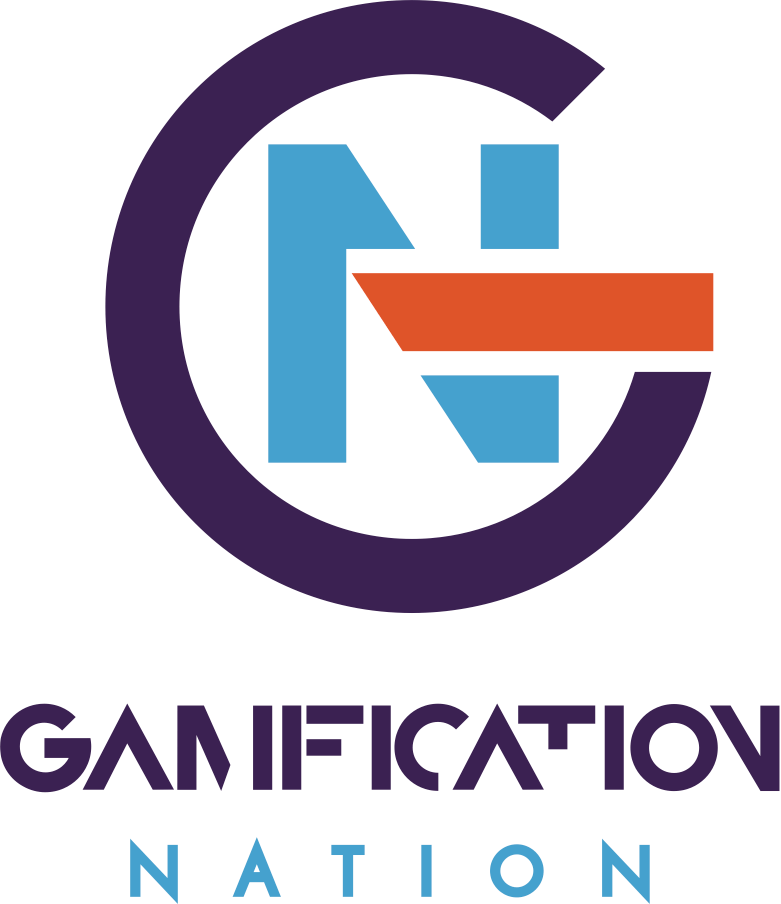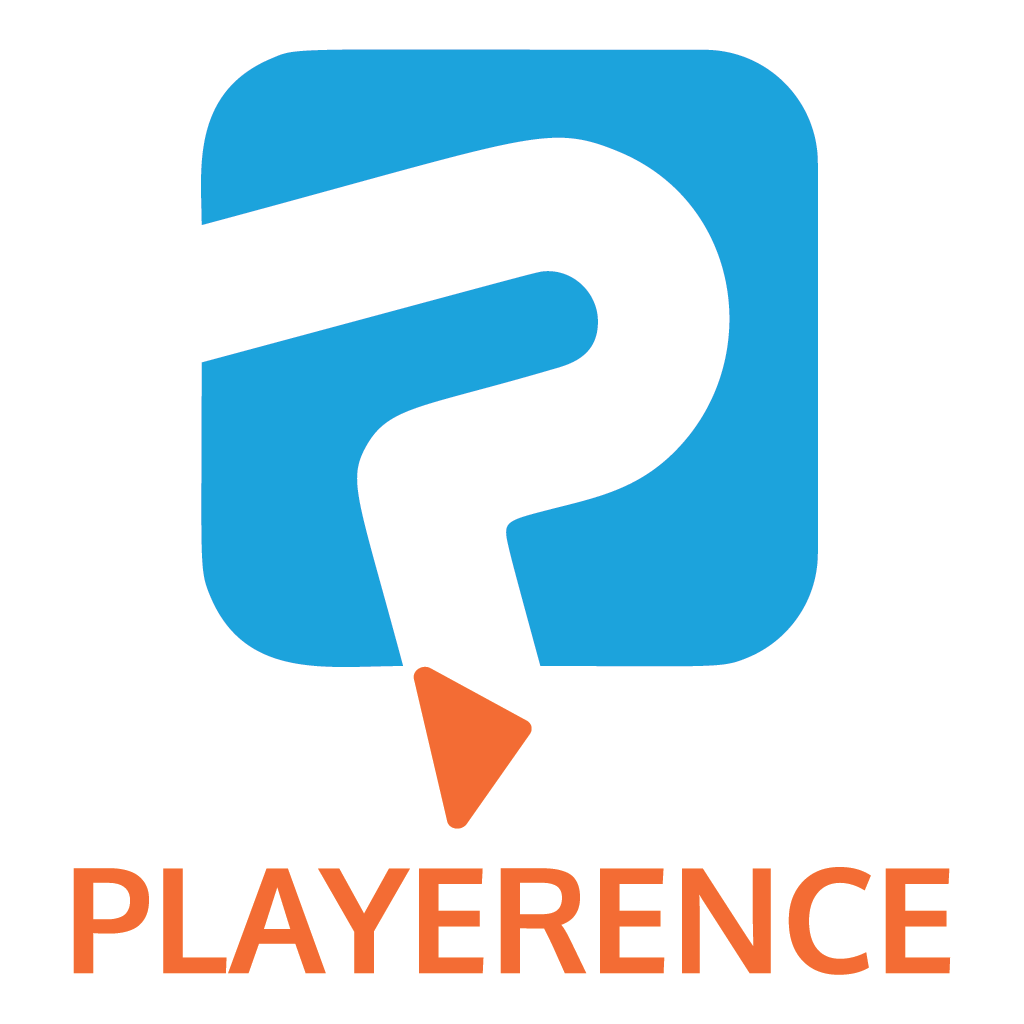At the weekend I read a rather disturbing article about the use of behavioural science and data analytics and how they had been manipulated to created the Brexit and Trump outcome respectively. Here is the link to the article that had me worried: https://www.theguardian.com/technology/2017/may/07/the-great-british-brexit-robbery-hijacked-democracy
With gamification design we are firmly vested in the application of behavioural science and data analytics. For every positive side there is also a potential negative application of the same. It even questions what is good or bad in anyone’s book. Maybe the practices described in the article are considered right and good by some or just fair game for corrupt manipulation of existing systems. I work from a clearly different value system with my quest for transparency and honesty especially for publicly elected leaders. In fact I would be in favour of penalising those that are found out to be lying for personal gain. As a business owner I would be penalised for reporting my taxes incorrectly, HMRC is less than accepting for innocence or other explanations. So why not apply the same scrutiny when ethics in politics are taken for a joke.
When I trained in gamification with the Engagement Alliance, I was happy to adhere to the policy of only supporting legal and ethical causes. Some people take it further by saying to not work for certain companies they personally don’t agree with. To be honest, if it is a legal business willing to use gamification for internal employee and learner engagement, we will always have the conversation. There has to be some sense of practicality in the end of the day.
Current efforts by Andrzej Marczewski and others in the world of gamification to come up with a code of ethics only becomes more important in light of flagrant manipulation of people for political or other gain. Some of the people mentioned in the article don’t even have political interest, but rather interest in destabilising democracy and the peace that has been created by institutions such as the EU and UN. Neither are perfect and may require change to keep up with the times, but they have managed to generate long held peace on the European continent.
One of the key parts for me in gamification design is input from all parties. Subsequently also transparency of the results. In all projects to date we have provided the analysis to the team and also to the participants of our research. For long term trust and buy-in, this has always worked in our favour. Top down approaches, rarely work in my experience. We also monitor what happens for clients to see if gaming or rigging the results is going on. Those would be common practises for all game related businesses. When we spot it, we either change the mechanics, system or access for the individual in question.
Wouldn’t mind hearing your thoughts on the use of gamification design in an ethical way?





Wow! Nice rant An! Ethics are fundamental, but whether for gamification, behavioral science, politics, academia, corporate, etc. Fully support your idea of transparency, have been behind a couple of initiatives on that direction myself, and I'm convinced it helps businesses and democracies.